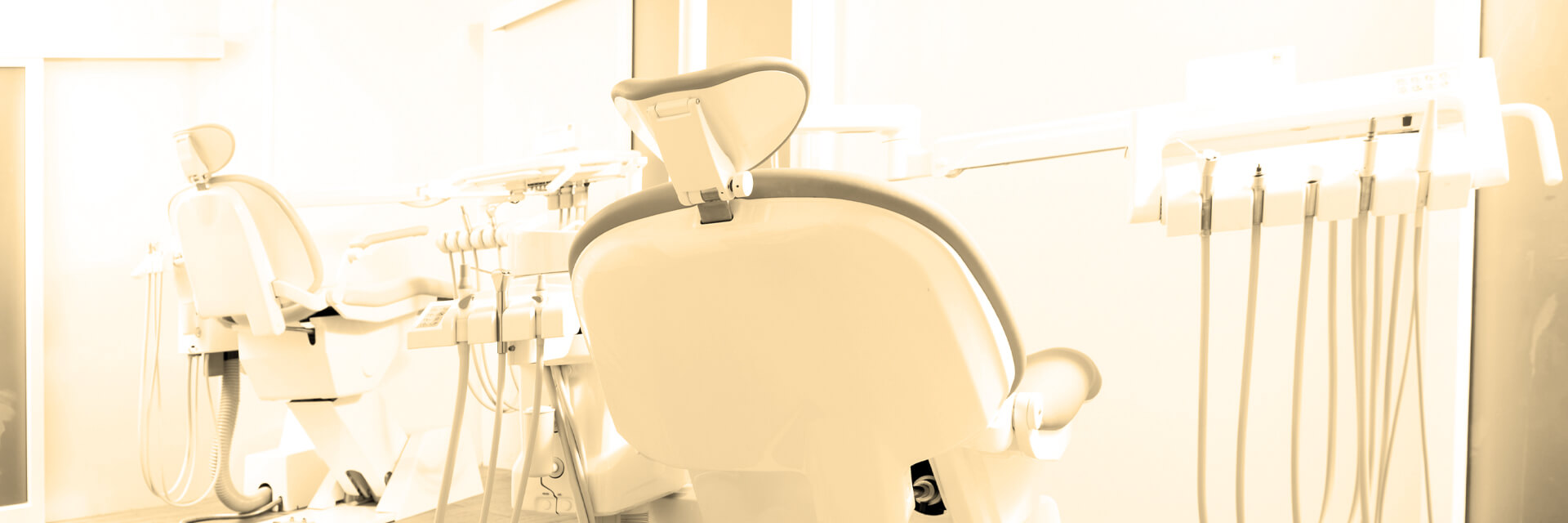
Dental Insurance Claims Audits Are on the Rise
- Published
- Mar 2, 2021
- By
- Erick Cutler
- Share
The American Dental Association’s Health Policy Institute estimates that nearly 90 percent of children and more than 72 percent of adults have insurance coverage for dental care services. These services are estimated to reach $152 million in 2019, and industry and federal authorities believe the potential for fraud is high. Both insurance companies and the Department of Justice are stepping up their examinations of insurance claims and taking action against individual dentists and dental practices.
What Triggers an Audit?
The government and insurance companies initiate dental insurance claims audits for several reasons. A patient or employee may file a whistleblower complaint to a state insurance board or an insurance company. More often, however, an audit is triggered through data mining of insurance claims. This advanced technology examines large groups of data to look for patterns and anomalies. Both insurance companies and the Centers for Medicare and Medicaid Services (CMS) have large databases, so the application of data mining techniques has proven efficient and effective to spotlight potential fraud.
Insurance Companies Increase Scrutiny
Insurance companies also have special investigation units assigned to identify and address situations of improper dental billing practices, fraud, and abuse. If over-payment or wrongdoing is detected, the insurance company can take action to recover the over-payment, issue a penalty, and even terminate a dental practice from the company’s participating provider programs.
More severely, the insurance company can report a dental practice to the National Practitioner Data Bank, which may share information with other healthcare organizations and state and federal agencies. This often damages a dental practice’s professional reputation and sets off a chain reaction of reviews by other payer networks and federal agencies.
False Claims Act
The Department of Justice (DOJ) and the Medicaid Fraud Strike Force address healthcare billing fraud under the False Claims Act, a broad federal law that imposes liability on individuals and organizations that defraud government programs. The DOJ reported that its efforts under the False Claims Act recouped $2.5 billion in healthcare fraud in 2018. The actions defined as false claims include billing for services not provided, making false statements, misrepresenting services provided, billing twice, receiving kickbacks, and other related violations. The DOJ has issued formal legal guidance for the False Claims Act and encourages cooperation with the government in ongoing investigations.
Be Proactive
It’s best to assume that every dental practice will be subject to an insurance claims audit at some point. The best way to prepare for an audit is to anticipate questions that may be asked and to take action to ensure all documentation and billing procedures are in order.
Many dental practices institute a compliance program to reduce, prevent, and deter improper and fraudulent actions. Insurance companies and federal agencies view compliance programs as a good faith effort to obey the law. A compliance program generally includes the development and documentation of standard billing procedures that follow payer and regulatory requirements. The program also should include periodic checks or internal audits to verify that appropriate billing practices are being followed.
What's on Your Mind?
Start a conversation with Erick
Receive the latest business insights, analysis, and perspectives from EisnerAmper professionals.







